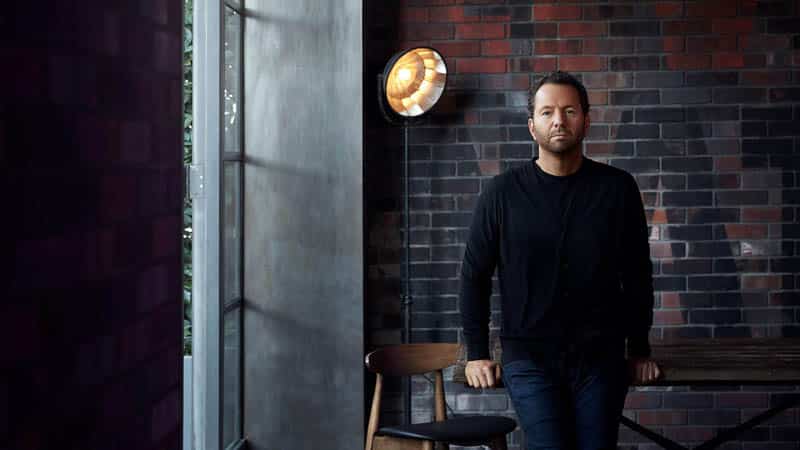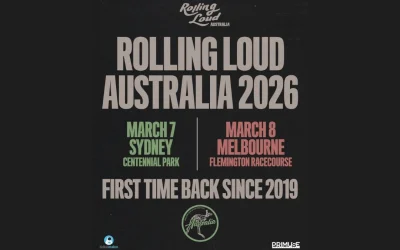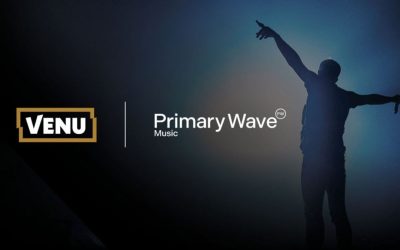Live Nation CEO Michael Rapino is once again downplaying consumer frustration over rising ticket costs, telling attendees at CNBC Sport and Boardroom’s Game Plan conference this week that concerts remain “underpriced” compared to sports.
“When you read about the ticket prices going up, it’s still an average concert price of $72,” Rapino said. “Try going to a Laker game for that, and there’s 80 of them in a season.”
The comments echo a familiar refrain. As TicketNews reported last year, Rapino told investors at a Goldman Sachs conference that concerts are “incredibly affordable” compared to sporting events, pointing to figures that “75% of tickets are under $100” and “half under $50.” In 2023, he went even further, telling music industry analyst Bob Lefsetz that artists could “charge a bit more” for tickets, defending nosebleed-inducing dynamic pricing that has drawn scorn from artists like Robert Smith of The Cure.
Those statements have consistently clashed with consumer experiences. Average ticket prices for top tours hit record highs in 2024, topping $123 according to Pollstar, with major acts like Bad Bunny ($290 average), Justin Timberlake ($216), and Nicki Minaj ($149) far exceeding the “affordable” ranges Rapino cites. Fans across genres — from Olivia Rodrigo to blink-182 — have blasted Ticketmaster’s onsale process as chaotic, plagued with error codes, long queues, and price surges that often push tickets out of reach.
Rapino’s latest defense of ticket affordability also runs directly counter to the arguments put forth by the U.S. Department of Justice and 40 state attorneys general, who filed an antitrust lawsuit in May seeking to break up Live Nation and Ticketmaster. The lawsuit accuses the company of unlawfully monopolizing live events markets through exclusive venue contracts, retaliation against competitors, and leveraging its dominance to charge fans higher prices and fees.
“Live Nation and Ticketmaster unlawfully exercise their monopoly power across the live concert industry in the United States — at the cost of fans, artists, smaller promoters, and venue operators,” the DOJ complaint alleges. Fans, the suit continues, are forced to “pay more for tickets than fans in other countries,” with innovation stifled and choice limited due to Live Nation’s “flywheel” model that ties ticketing, promotion, venues, and content under one corporate umbrella.
In other words, while Rapino insists that concerts are “still a bargain,” regulators and consumers alike see Live Nation’s dominance as a key driver of skyrocketing prices and a broken ticketing system.



